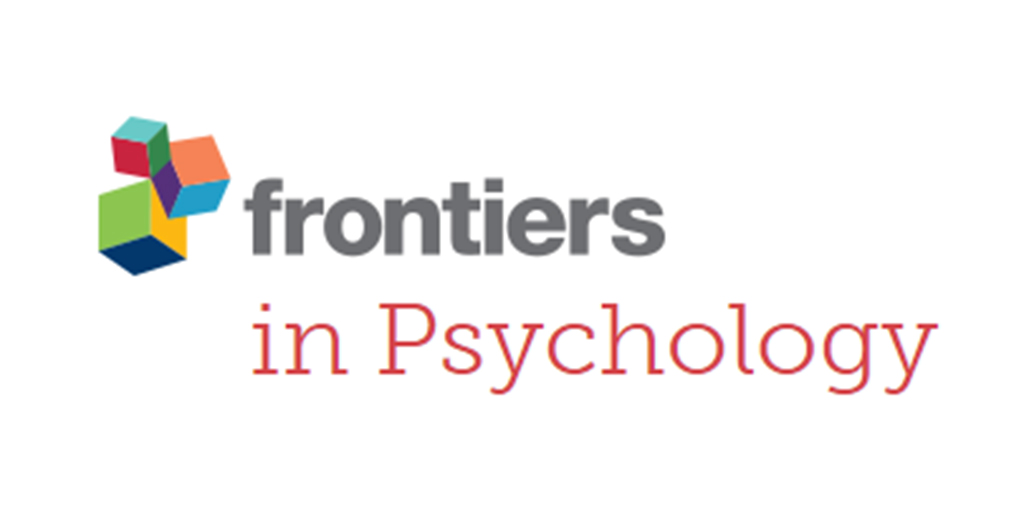Jaime-Lee, Head of Netball and Head of Year 10 at WHS, explores the journal article ‘Metacognition and Action’ to consider how to use metacognition to become elite in sport.
MacIntyre, T., Igou, E., Campbell, M., Moran, A. and Matthews, J. (2014). Metacognition and action: a new pathway to understanding social and cognitive aspects of expertise in sport. Frontiers in Psychology
Success in sport has traditionally centred around executing motor skills under competitive conditions. Sport provides benchmarks to distinguish the elite from the amateur, through performance outcomes (e.g. placing in a race), player statistics (e.g. shooting percentage in Basketball) or level of competition (e.g. National vs. County). In addition to the data that is readily available to all performers, athletes are looking beyond the strictly measurable in order to advance in their sporting area.
Metacognitive processes have become a pivotal part of an elite athlete’s repertoire to give them the competitive edge. In sport, metacognitive processes can be used in a variety of ways both in training and in competition. Below are some examples of how athletes can use metacognition to better their physical attributes.
- The use of mental imagery and mental practice, in which athletes play out physical skills and/or scenarios in their mind. This could include, an athlete imagining themselves in the starting blocks, acknowledging all of their senses.
- Pre-performance routines, in which an athlete engages systematically in a sequence of actions prior to their performance. This could include, stepping out an athlete’s run up in Long Jump or the position a ball is placed while taking a penalty kick.
- The use of strategies and set plays, in which decision making is done prior to an athlete’s performance. This could include, anticipating your oppositions movements in Netball and planning counter moves.
The use of metacognitive process not only reduces the chances of error but maximises an athlete’s physical capabilities. Elite athletes need to be not just be experts in movement execution but also experts in controlling their own mental processes.

